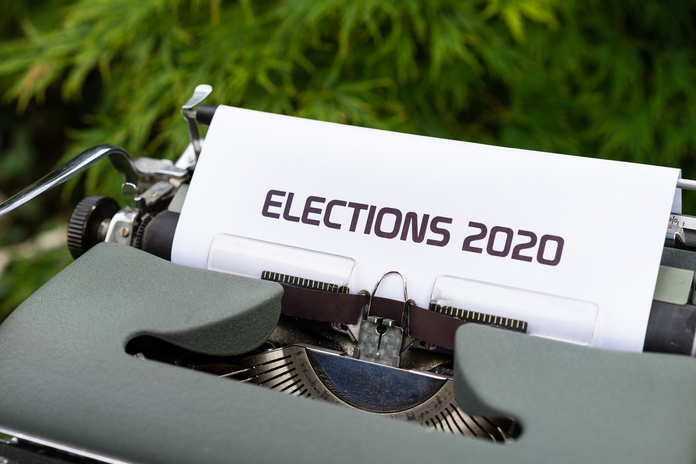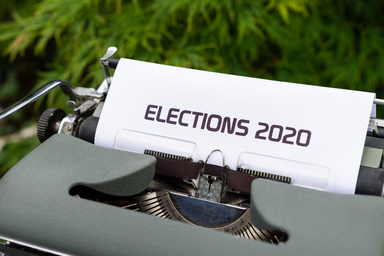“I want you to be in the forefront of any political movement during this presidency. You’re going to the USA at a very interesting time.”
My father’s words before I got on the plane to the USA for my undergraduate studies still ring in my ears every time I read the news and Donald Trump’s name shows up.
My mother hugged me and said, “Be careful, don’t go anywhere where you can get shot.”
Even now, whenever there is a shooting anywhere in the USA, my mother will frantically call me asking me if I’m okay and if there’s anything happening in the area. She called me when there was a shooting in California once, and I laughed because I thought it was ridiculous. She has been to the States multiple times before. She’d lived in California for almost a year, had come back to travel around but even then, she still calls, worried.
When I had to tweet about politics for my journalism class, my father called me and told me, “Don’t be so vocal about your opinions on Twitter. Anyone can read it.”
As a journalism student, I had used very neutral language and was simply reporting what was being said, but I could tell he was starting to worry too.
Over the years, Donald Trump has said and done a myriad of things that have shocked me. Some of the ideals or opinions that Americans hold have done the same. My country, Nepal, a country the president has deemed a “shithole country,” has safer abortion laws and does not scorn at breastfeeding the way American laws seem to.
Over the years, I have constantly been made aware of my brownness, of my “alien” status in this country, and I have been told over and over again, “You’re not from here, this doesn’t even affect you,” every time I have talked about American politics or laws. But here’s the irony— every time I have talked about a topic I’m passionate about, it’s been about human rights issues. Basic human rights have been so heavily politicized in this country that I have had friends scoff at the thought of not having children put in cages and separated from their families when they tried to enter a country. Those friends were children of immigrants and were first generation Americans.
When this election season came about, I mentioned a couple times to my coworkers and my peers that I was scared. My friend from Nepal who also goes to SUNY Oswego told me, “Do not leave your room for the next two weeks if you can help it.” And I did exactly that.
But I still had people tell me “But this doesn’t even affect you though.”
What I fail to understand is that if someone decided to shoot up a classroom/building/area where I happened to be in, my status as an international student in the USA does not make me immune to bullets.
I have dealt with racist slurs thrown at my face and have had very ignorant comments made about me, my country, and my intelligence simply because of where I am from.
The person that holds the position of President in the White House affects immigration laws— laws that directly affect me and my status in this country.
I live in this country, and for however long I live here, the laws of this country affect me. I don’t get some sort of international student immunization from laws.
If I get pregnant here and want an abortion, the abortion laws affect me. Since I live here, changes to the healthcare system affect me. I am treated as a regular citizen just with more rules and restrictions on taxes, work opportunities, and travel than other people.
But along those same lines, telling someone that they can’t have an opinion on something because they aren’t citizens of that country is also inherently wrong. The laws that the USA makes and the political happenings in this country has a ripple effect. The USA has the largest number of military bases in other countries as compared to any other country in the world. The USA basically rules the United Nations and who the president is directly affects the way other countries are affected. The USA is a large country whose climate change policies affect the world in its entirety.



